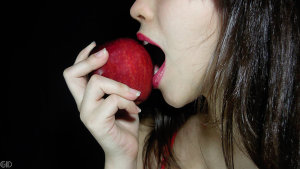You Are What Your Bacteria Eat
 A breakthrough study from Harvard’s Peter J. Turnbaugh and Duke’s Lawrence David reveals some of the ways in which our diet shapes our microbiome — and thereby affects our ability to digest various types of food. In 2011, the researchers fed volunteers two very different diets. One group was given a high-protein diet consisting of bacon and eggs, spareribs, brisket, salami, cheese, and pork rinds. The other was fed a very high-fiber diet of fruits, vegetables, grains, and beans. Bacterial analysis of fecal samples collected before, during, and after the experiment showed that what each group ate had a huge — and almost immediate — effect on their gut bacteria.
A breakthrough study from Harvard’s Peter J. Turnbaugh and Duke’s Lawrence David reveals some of the ways in which our diet shapes our microbiome — and thereby affects our ability to digest various types of food. In 2011, the researchers fed volunteers two very different diets. One group was given a high-protein diet consisting of bacon and eggs, spareribs, brisket, salami, cheese, and pork rinds. The other was fed a very high-fiber diet of fruits, vegetables, grains, and beans. Bacterial analysis of fecal samples collected before, during, and after the experiment showed that what each group ate had a huge — and almost immediate — effect on their gut bacteria.
Lo and behold, each group began to develop the very type of bacteria that would most help them digest the particular types of food they had just eaten. In just 24 hours, meat eaters saw an increase in bacteria that are resistant to bile acids (bile acids are a byproduct of the breakdown of meat). If you’re a meat-eater, you need those bacteria — so the microbiome responded. The vegetarian group had far fewer bile-resistant bacteria, because, given their diet, they didn’t need them. The microbiome was responding to them, too. Even the long-term vegetarian who agreed to eat meat for this study saw a rapid microbial shift.
Tagged with: digestion
Filed under: Digestion
Like this post? Subscribe to my RSS feed and get loads more!

